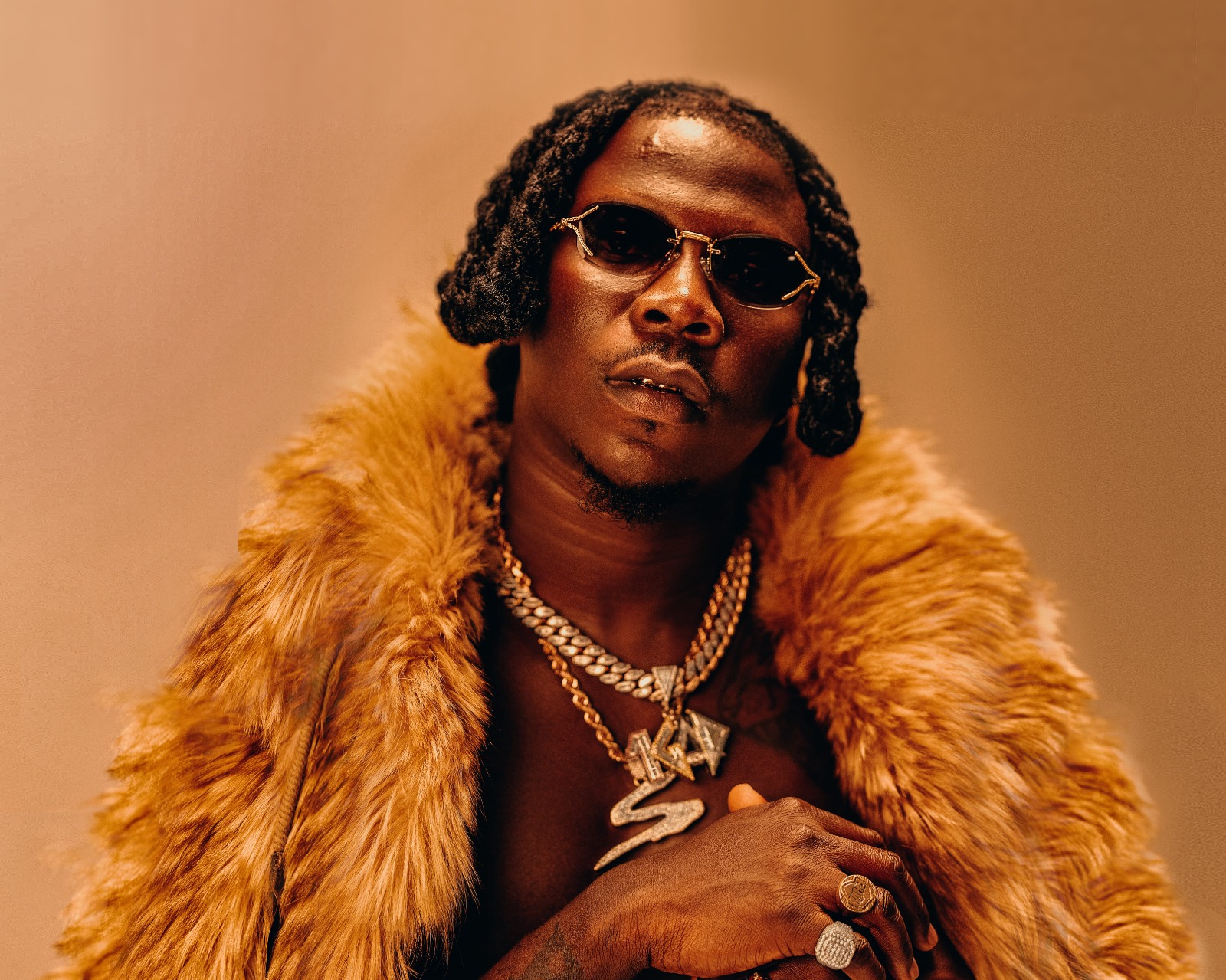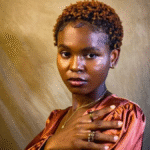In his late 20s, Ephraim David Boye defines the xylophone as wooden sleds, 14 bars which are suspended over calabash gourds and affixed with decorative knobs.
He was trained to fashion the instruments out of a rare wood called neura.
“It’s a very hard process, because you have to get the wood from five different places, only found in Ghana’s forests,” Ephraim explains. “The trees fall on their own and when they do, you cut them, dry the wood and lay the keys.”
According to Ephraim, the xylophone was discovered when a hunter stumbled upon an antelope playing it in the bush. Begging for his life, the animal gave the xylophone to the tribe, who eventually came to believe that its arboreal sound represents the vibrations of water — a timbre that casts harmonious spells on humans and forest creatures.
Ephraim’s parents played; so did their parents, and all his ancestors before them. His uncle, whom he calls his father, was the most famous musician the tribe ever produced, the first to take the gyil (xylophone) out of funeral ceremonies and play it in the marketplaces of Ghana’s cap-ital, Accra.
“In our villages, the xylophone was all we knew,” Ephraim says. “There was no outside radio. It’s our national instrument, played by men, women and children.”
Ephraim undertook traditional training in xylophone from a young age. When he was very young he was always listening to xylophonists play and he would grab the beaters and start to learn what he heard them play, especially when his family members were performing.
When he played something incorrectly, he was shown the right way. Most of his family are also xylophone players, in addition to his uncle Kakraba Lobi, one of the first gyil players to tour, lecture and record internationally. Over time, he learned a large repertoire and became a working master of the instrument.
“When I was in my teens, I had to make money for myself so I strapped on my xylophone and carried it around Central Accra or the zongos (Muslim ghettos) and markets and people would throw money on the instrument. I made a living that way”, he said.
He also began performing for children in schools and giving workshops to international schools in Ghana.
Xylophone players can also speak with their instrument. Certain phrases or motifs can illustrate emotions or direct dancers. With his two hands, Ephraim certainly converses. One hand often speaks completely independently from the other.








![MixMag [Episode 03] by DJ Huarache](https://ghanamusic.com/wp-content/uploads/2017/07/dj_huarache_mix_mag_3_Singles_1600x1600-150x150.jpg)


















